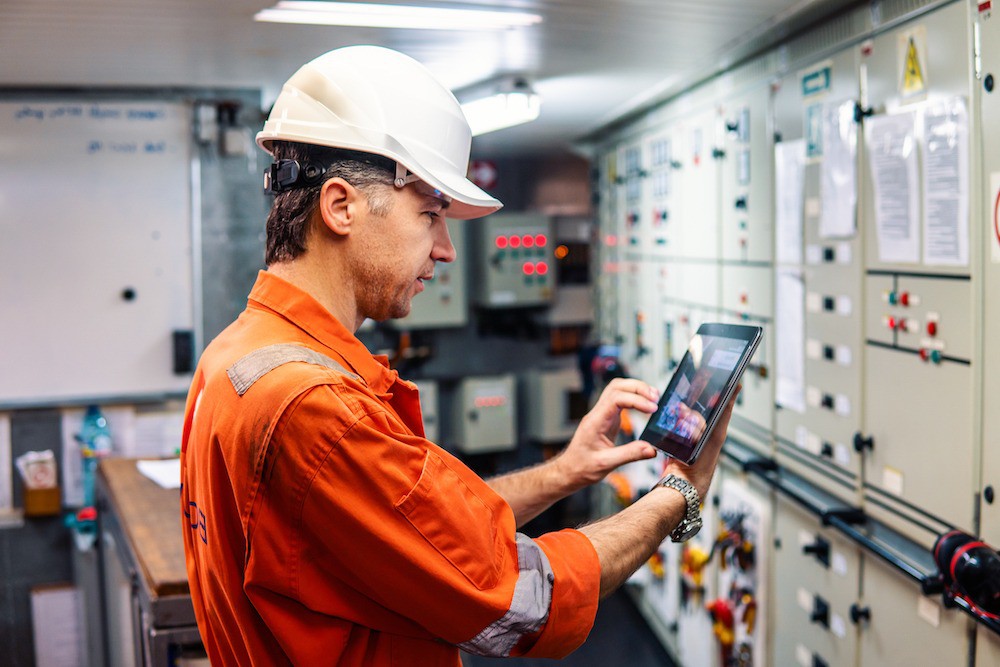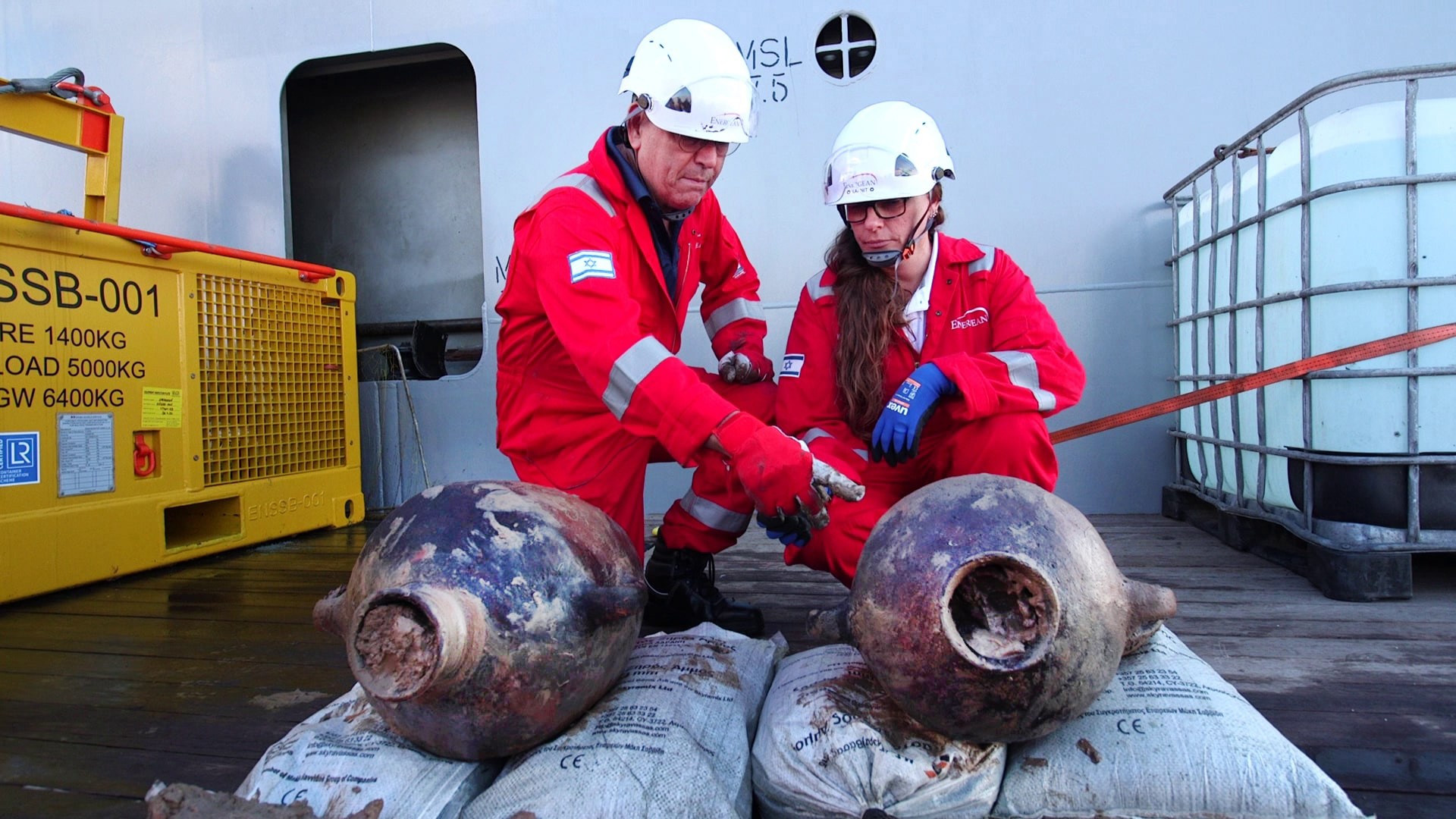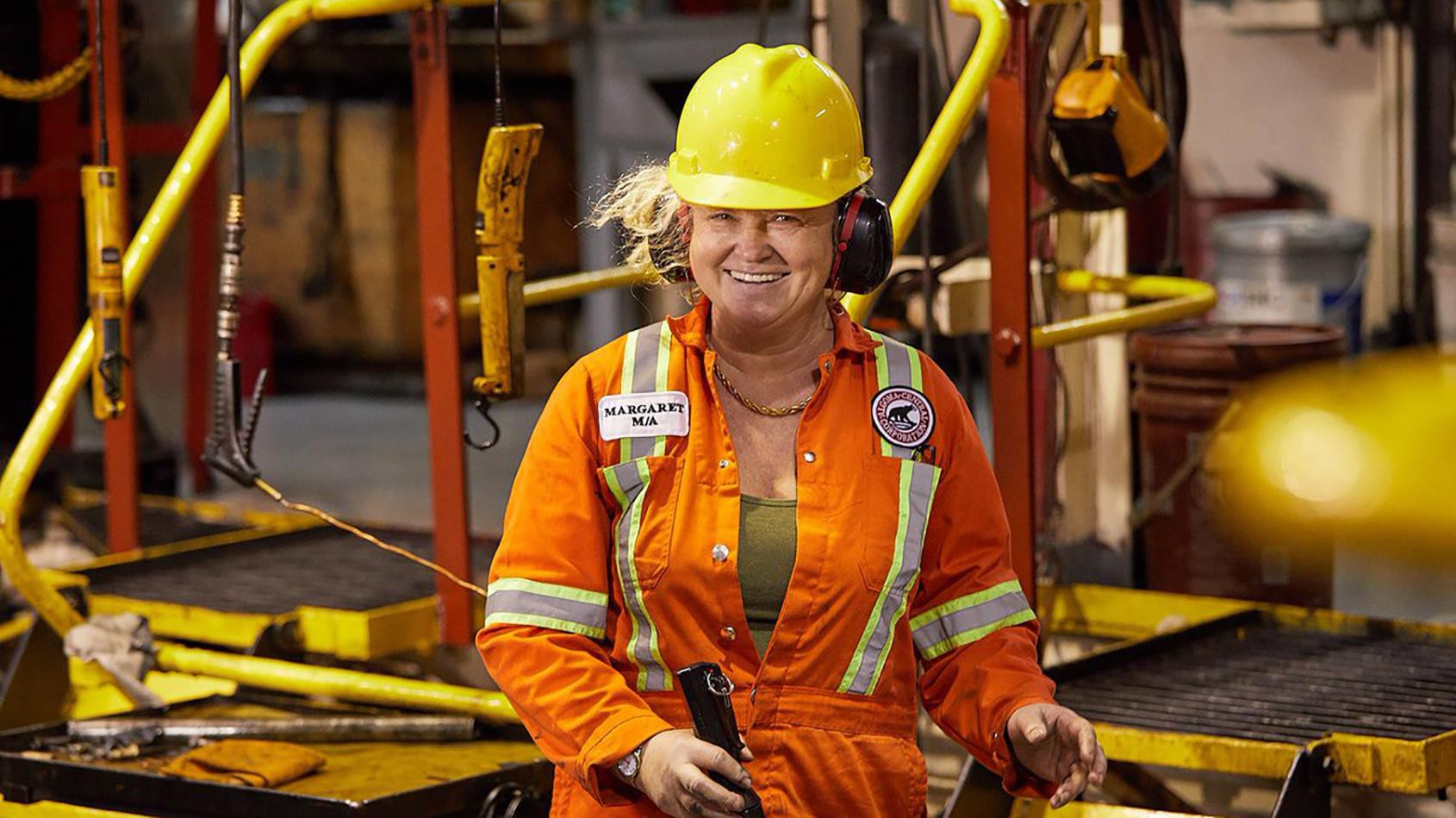- Position:
- Chief mate
Marine engineer

Today, the profession of a marine engineer has become not only well-known, but also enjoys increased interest and demand among those who want to connect their lives with the fleet and the marine lifestyle.
Over the past 100 years, the profession of an engineer in the navy has improved and today it is the most effective and necessary for the successful operation of sea vessels.
Unlike previous years, the profession of a marine engineer has become diverse and today includes many of the duties that such a specialist performs on a sea vessel.
Most of the duties that an engineer performs in the navy today are related to mechanics, electronics, computer systems and other devices.
Main responsibilities

Among the main duties of this specialist and the vacancies on a sea vessel that he has to occupy, the following stand out:
- Monitoring and maintenance of mechanical systems.
Vacancies at sea, including the duties of an engineer, imply the maintenance by this specialist of all machines and systems that ensure the movement and stability of the vessel.
Depending on the type of vessel, the machine systems are divided between several ship mechanics, each of whom must perform their duties clearly and responsibly.
The duties of a ship mechanic also include monitoring and servicing all equipment located on the deck of the ship.
- Keeping records and planning maintenance.
The engine room, under the control of a specialist, must work efficiently and stably, and a clear schedule of scheduled maintenance will help with this.
Such a schedule will be effective only in tandem with prepared and developed documents that allow you to check the operability of each type of equipment, mechanisms, units and assemblies.
After each maintenance, the engineer fills out a special log, in which he puts a note about the work performed, repair or replacement of elements, as well as the date of work.
- Fuel oil bunkering.
A vacancy on a sea vessel related to the work of an engineer also includes pumping fuel oil from a barge or a special bunkering station.
Bunkering is usually carried out by the 4th engineer, who also carries out sounding of fuel oil tanks, after which he reports to the chief engineer on planned or already carried out bunkering operations.
- Emergency repairs.
A study of marine equipment provides detailed information on how to carry out major repairs and maintenance of mechanisms and systems.
If the engineer understands that he will not be able to carry out emergency repairs on his own or with the involvement of specialists from the team, he can turn to other experts who can carry out repairs and eliminate any breakdowns, defects or malfunctions.
The broad concept of engineer

In addition to the listed duties, a marine engineer on a ship also performs the role of a ship's electrician, chief engineer and head of the engine room.
Books on marine engineering, which are currently prepared by qualified specialists with many years of experience, help to better understand all the intricacies and features of this marine specialty.
As explained in some books on marine engineering, engineers can, in addition to performing their main duties, also engage in research of underwater vehicles, perform cable laying work and carry out renewable energy production in various areas.
After the advent of modern marine engines, the marine lifestyle of a marine engineer has changed significantly.
Today, this specialist is engaged in research and study of the latest innovative technologies used in mechanisms, systems and units on a ship.
It is he who initiates the introduction of new technologies and methods of work on a ship, trying to make it more advanced, productive and reliable.
Among the systems and technologies that this specialist studies and tries to implement are modern fuel cells, magnetohydrodynamics and many other innovations.
Marine engineer - features of the specialty

Today, marine engineering is a field of study that deals with the design, development, manufacture and maintenance of equipment used on board many seagoing vessels.
A marine engineer is an experienced professional who is responsible for the operation, maintenance and repair of all professional equipment used on board a ship.
The marine engineer supervises such mechanisms, units and systems as engines, electrical and fuel systems, lubrication, as well as lighting and air conditioning.
Marine engineering

The field of marine engineering is quite dynamic and successfully developing today. Depending on the vessel the marine engineer works on, the range of his duties may change.
The salary of a marine engineer directly depends on this, which in any case remains decent and solid.
The professional duties of this specialist increase if he has to work on large tankers transporting large quantities of oil, gas or chemical products.
Unlike passenger ships, tankers have much more specialized equipment, installations and systems on board, which also need to be regularly serviced, inspected and repaired.
A professional and responsible engineer takes care of all such systems, and the salary of a marine engineer grows proportionally to the growth of new duties.
In maritime lyceums and universities that prepare qualified and responsible specialists for work at sea, more and more attention is paid to the profession of a marine engineer, and the number of students who want to master this particular marine specialty is growing every year.
- Position:
- Chief engineer
- Position:
- 2nd engineer
- Position:
- Chief engineer
- Position:
- Electrician engineer
